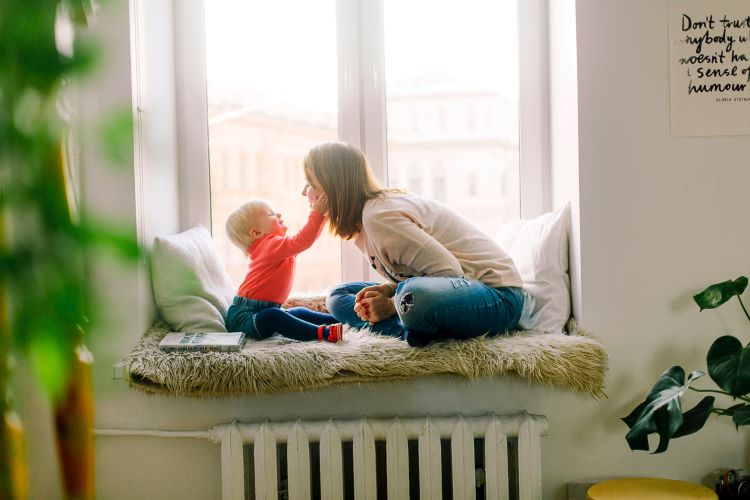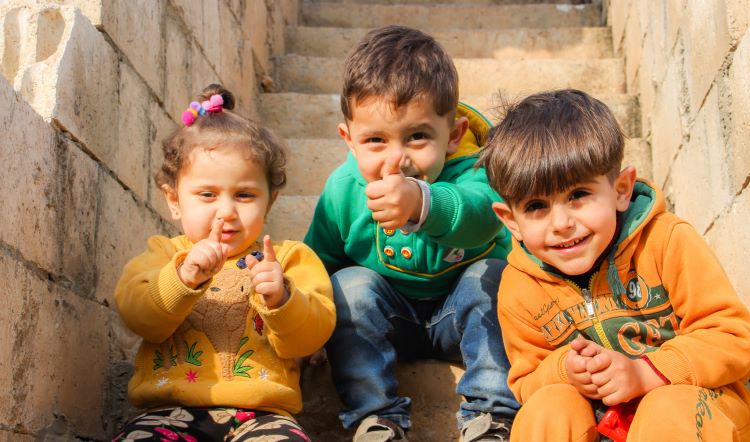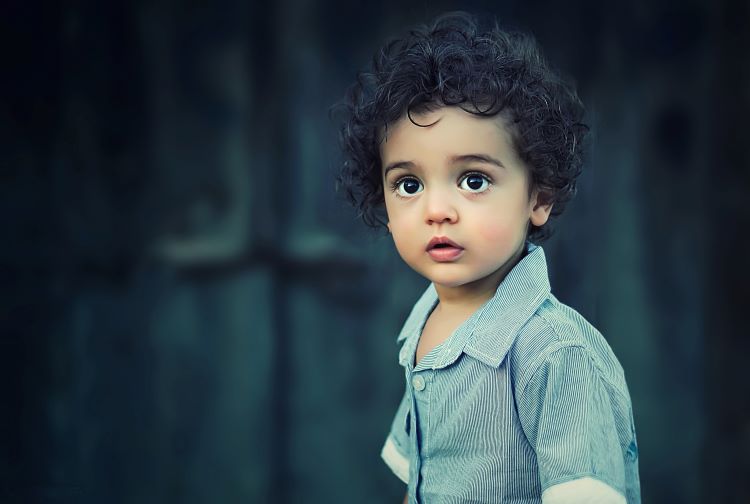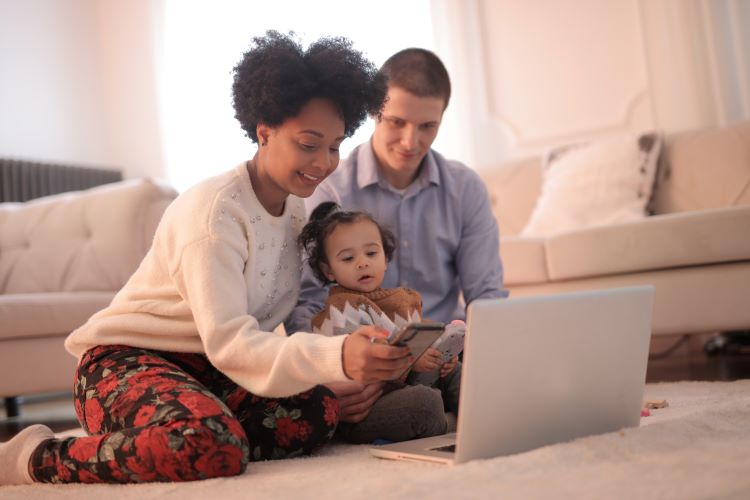By Marwa Saadawi
With the news and daily talk all hyper-focused on the Coronavirus outbreak, speaking to your children about COVID-19 needs to be an ongoing conversation.
When we allow our children and ourselves to discuss the feelings, thoughts, and fears about what is going on, it becomes less overwhelming and less scary for all parties involved.
Below are some guidelines when talking with your children.
Remain calm and reassuring
- Remember that children will react to what you say and how you say it.
- Use this time to start incorporating mindfulness techniques into you and your child’s bedtime routine.

Make yourself available to listen and to talk
- It’s time to lay it all out on the table. Let them ask all their questions, let out all the rumors, the “I heard”s and their fears. Avoiding this conversation will only lead to built-up stress and myths in their minds. Use this as an opportunity to set the facts straight and set their emotional tone.
- Consider asking them what they call the virus; corona, corona 19, COVID-19, coronavirus. All interchangeable words for adults; but for kids consider that the name itself may be triggering them.

Avoid language that might blame others and lead to stigma
- Use this as a teachable opportunity that we are all equal. It affects all people no matter what race, gender, or financial status.
Pay attention to what children see or hear on television, radio, or online
- Be mindful of what is being circulated in your household. If the news is on all day long, perhaps limit it to a certain room, or 1x per day. Overconsumption of the news can lead to added stress, and worry to your child.
Provide information that is honest and accurate
- Talk with children that some stories on the internet can be false or rumored. Use this time as a way to teach them proper online etiquette, sources, etc.
- Give children information that is truthful but also age-appropriate.

Teach children everyday actions to reduce the spread of germs
- We are telling everyone to cough and sneeze into their elbows but we are not taking the time to actually teach them. Take time to practice, have them pretend to cough and sneeze into their elbows. The more they practice this the more likely their reflex will kick in when the time actually comes.
- We are all washing our hands now more than ever before. This current crisis is a good universal reminder to keep doing so.
For kids who are rushing and being careless
- Have your children log their handwashing while they are at home!
- Add visual reminders throughout the house, but have this be a collaborative activity to do with them. Whether it is finding pictures on the computer and printing them or having them draw and write out reminders, allow them to take ownership and responsibility for their own hygiene.
For kids who have a tendency to become obsessive about washing their hands
- It is important to be aware that some children may begin to exhibit obsessive like behaviors that may be a sign of a deeper issue at hand.
- Consider that you may need to address this in a calm matter to see what thoughts or stories are being repeated in their minds that is leading them to this. Take time to re-adjust their thoughts and beliefs on this virus.
- If it still persists, begin to observe the behavior, while also ignoring it (family teasing, joking, or simply acknowledging the excessiveness should not be encouraged at this time), and if the behavior continues to grow, consult with a therapist, to see if there is a deeper issue evolving.
For teens
- Cream. With washing our hands, it is a great time to start including cream into your child’s routine. And the importance of keeping our skin hydrated.
- Cell phones! Make it a habit after breakfast and dinner to pass around wipes to clean your phones with. The more you model this, the more likely this habit will become more normal. Same goes for those who use headphones, laptops, and glasses.

What to actually discuss with your children
Keep it short and sweet, and check-in with yourself first and deal with your own anxiety on this topic.
- What is COVID-19?
- It is short for the Corona Virus, a new virus that scientists and doctors are learning about.
- Although most people will be ok, especially kids, the virus is making people sick.
- Doctors and scientists are studying all about it to keep people healthy and safe.
- What can I do so I do not get it?
- We all have to work together and practice good hygiene inside and outside our home
- We will practice washing our hands for 20 seconds at least, not touching our face, and wiping down our surfaces
- What happens if you get sick with COVID-19
- For MOST people it is going to look like when you have a cold/flu. Only a small group of people are getting very sick, and these are all adults not children, and most of them make a full recovery.
- People can get sick from all kinds of germs, it does not mean it is COVID-19. What is important is to take care of yourself like we normally do when we are sick.
- It is helpful to reassure your child that it is rare to get, and a cold is more still more common than this Virus.
Source: Centers for Disease Control and Prevention (CDC)



